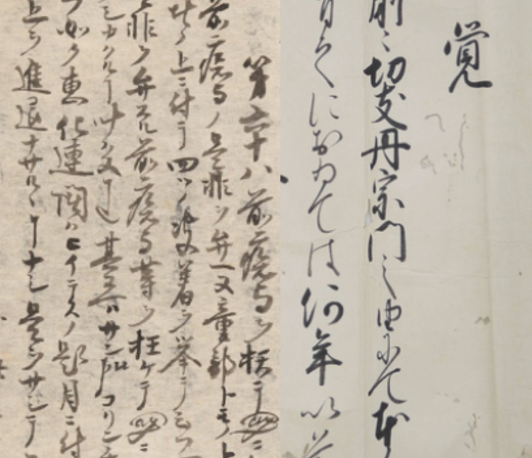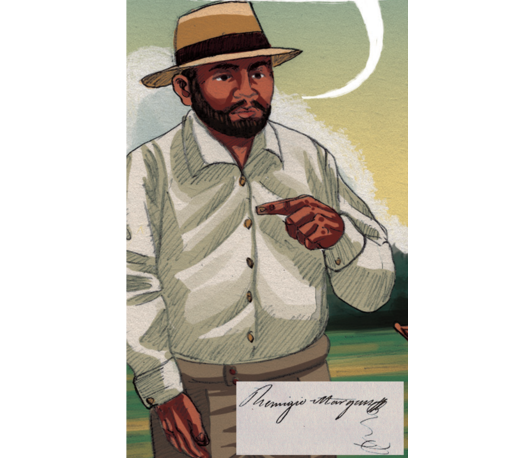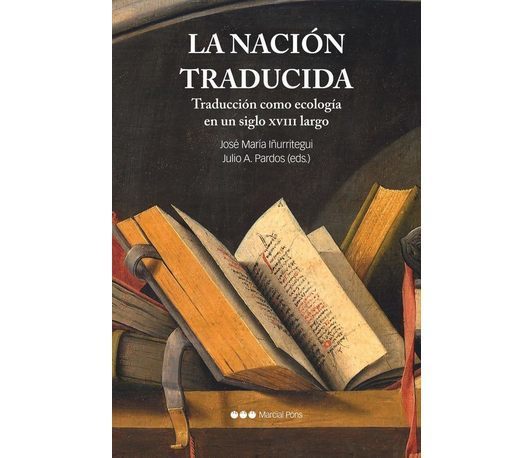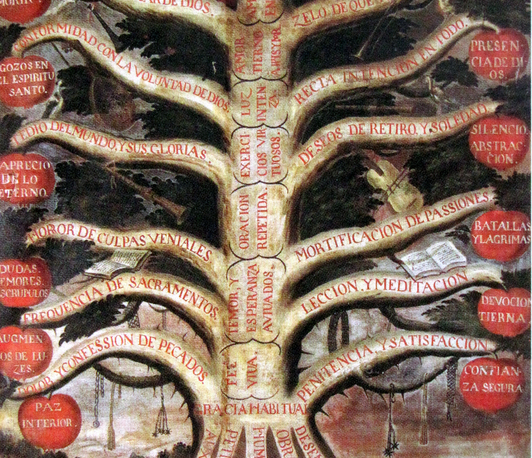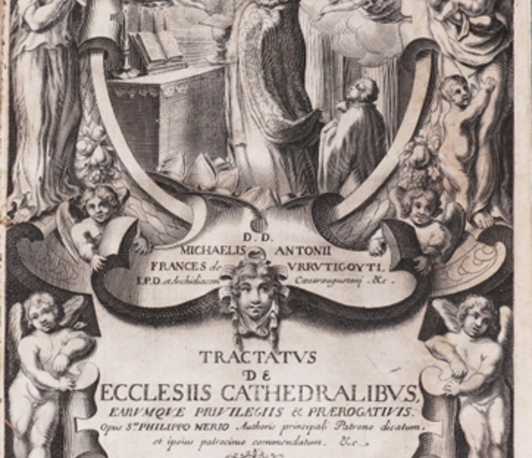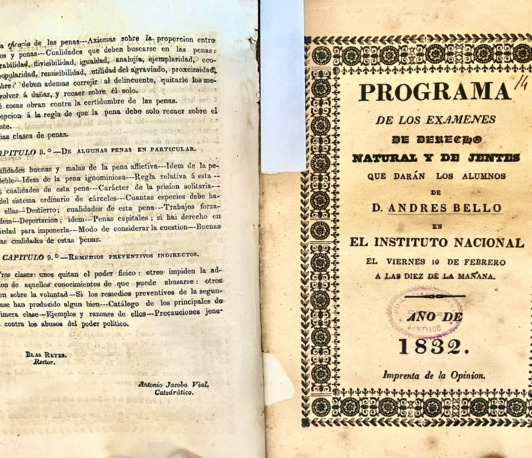Seminar on Legal History in the Iberian Worlds
Seminar
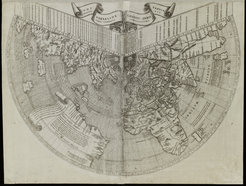
This new seminar follows from a series we have been holding since 2010. Over the years, we have revised the seminar’s name a few times due to our dynamic way of doing legal history and as a part of our methodological reflection on the denomination of territories that were under the dominion of the Iberian empires or in contact with them. What was for many years a space for the presentation of research on the legal history of Ibero-America and Latin America has been expanded to encompass a global perspective, a seminar on the legal history of the Iberian worlds. The new name covers research on the imperial components of the Iberian monarchies in Europe (Italy, the Netherlands) as well as the overseas territories that span across the Atlantic, Pacific, and Indian oceans. This has involved taking into account wider contexts that frame the analysis of local cases. It has also meant paying closer attention to territories such as Iberian Asia and Lusophone Africa. The particular expertise of colleagues on these different territories has allowed us to build comparative, glocal and interconnected working methodologies. Now, we want to establish a closer dialogue between dissimilar historiographies in order to construct a legal history that crosses different territories of the Global South and their post-colonial experiences.
This seminar has become a permanent forum for discussing research projects among colleagues. It is also a space to integrate fellows and guests who present their own projects and discuss our central questions. In addition to monthly research presentations and weekly meetings, we are exploring new discussion formats based on film screenings, lunch sessions, among others.
For more information, please contact Pilar Mejía or André Luís Bezerra Ferreira.

